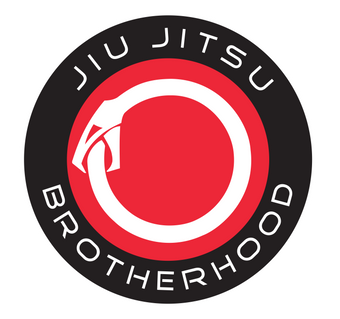This article was written by Marc Barton, who is a 2nd degree Jiu-Jitsu Black Belt under Mauricio Gomes. Marc is the head instructor at Kingston Jiu Jitsu and is also a qualified medical doctor. Marc has also contributed articles for a medical education website. Header image used on license from Shutterstock.
In Part 1 and Part 2 of our series of short articles on skin infections in BJJ and grappling, we discussed how easy it is to transmit these infections and learned about ringworm and staph.
In our third and final article on the topic, we will look at herpes infections, particularly the type of herpes that affects grapplers – herpes gladiatorum.
What is herpes?
Herpes simplex is a viral skin disease caused by the herpes simplex virus. There are two distinct types of herpes simplex virus, type I and type II. It is the type I herpes simplex virus that tends to cause herpes gladiatorum. This is the same version of the virus that causes cold sores, which affect around two-thirds of the population.
Herpes gladiatorum is known by a variety of different names, and you may have heard it referred to as “scrumpox” (in rugby players), “wrestlers herpes”, and “mat pox”. It is transmitted by direct skin-to-skin contact and is one of the most infectious types of herpes. One of the most significant outbreaks ever recorded occurred amongst a group of high-school wrestlers taking part in a 4-week intensive camp. By the end of the camp, 60 out of the 175 wrestlers taking part had contracted the infection.
Recognising herpes
Herpes gladiatorum presents as a painful rash with clusters of painful, fluid-filled blisters, usually on the head or face but sometimes on the arms or trunk. Sufferers often feel pretty unwell, especially in the early stages of the infection, and can experience swollen lymph nodes, fevers, a sore throat, and headaches. The symptoms can last a couple of weeks, and the first outbreak is generally the most severe.
One of the most problematic things about herpes infections, in general, is that once the virus has been contracted, it never goes away completely. The virus remains dormant most of the time, but every so often, specific triggers can reactivate it, and another outbreak can occur.
The triggers vary from person to person, but being run down with coughs and colds, overtraining, and stress are common ones. Some people are fortunate enough to have one outbreak and never get another, but others get recurrences several times a year.
A photo example of a typical herpes lesion on a lip (cold sore) is shown below:

Preventing herpes
Prevention is vital with herpes gladiatorum, and the key to preventing outbreaks of it is the maintenance of impeccable hygiene standards. If you notice a suspicious area of skin on a training partner, politely point it out to them, as they may not be aware of the symptoms and signs. If you recognise that you have any features that could be consistent with herpes or any other skin infection, STAY OFF THE MATS!
Treating herpes
Herpes gladiatorum infections are generally treated with antiviral creams or tablets, such as aciclovir and famciclovir. In susceptible carriers, oral antiviral medications are sometimes given to suppress or prevent outbreaks from occurring.
If you are concerned in any way about the possibility of having a herpes infection somewhere on your body, you should promptly seek medical advice from a doctor or suitably qualified healthcare professional. While the infection is still present, precautions should be taken to avoid spreading it to others. Good hygiene is essential, including hand washing, not sharing towels, etc.
N.B. The information in this article is for informational and educational purposes only and is not designed to replace medical advice from a qualified medical practitioner.










0 comments